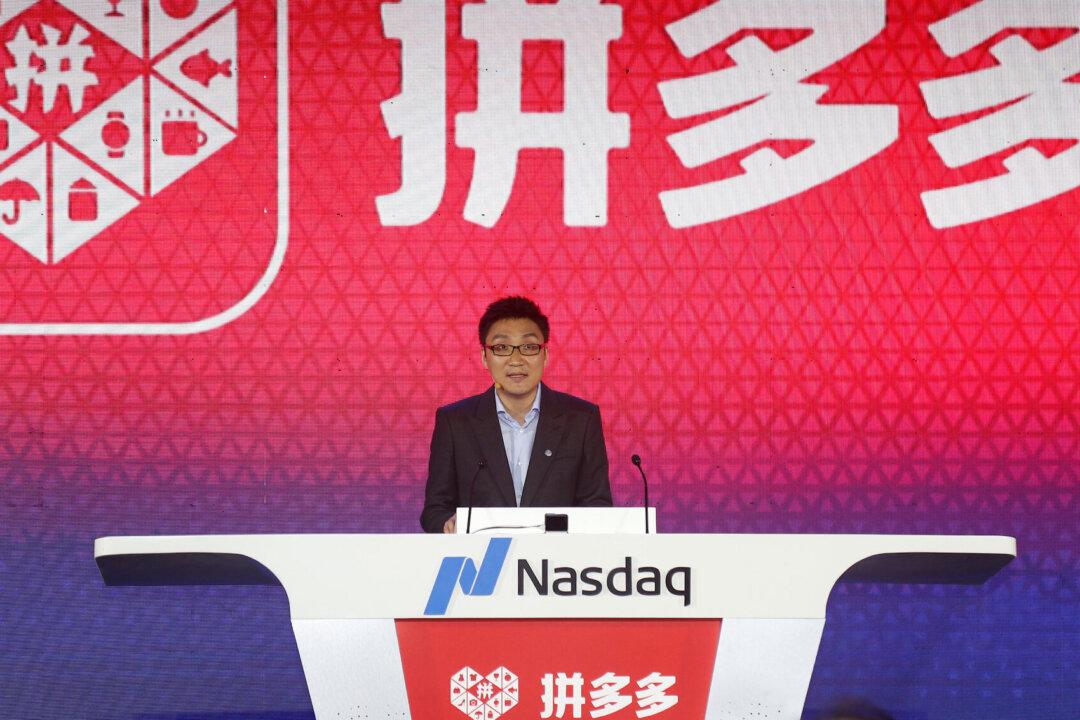The United States on April 25 added China’s third-largest e-commerce platform to its list of “notorious markets” for violations of intellectual property rights and kept China on its priority watch list because of piracy and counterfeiting concerns.
The U.S. Trade Representative’s Office placed Pinduoduo.com, which USTR described as third-largest by the number of users, on its blacklist of commercial marketplaces that fail to curb the sale of counterfeit products. It also kept Alibaba Group’s Taobao.com, China’s largest e-commerce platform, on the list.





